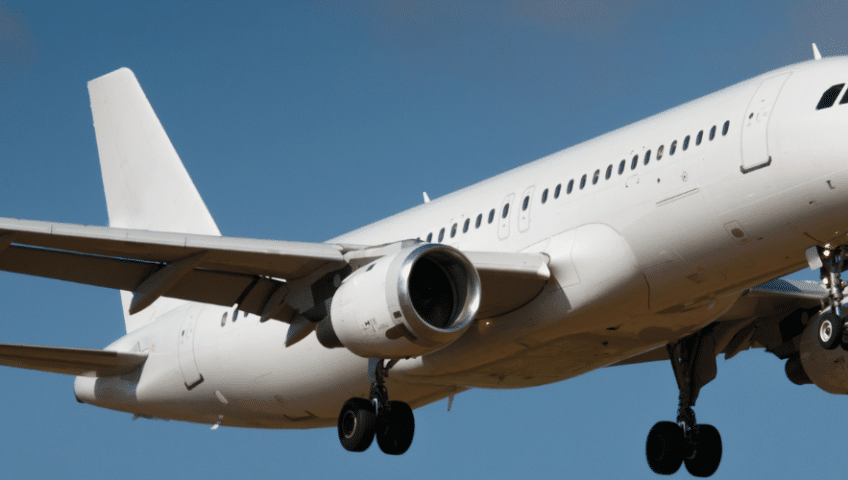The aviation industry has long been lauded for its exceptional safety record. However, recent safety incidents have served as a stark reminder of the need for constant vigilance and adaptation. As technology leaps forward, new threats surface and the global airspace becomes even more intricate, keeping pace with evolving safety regulations can feel like chasing a moving target.
Airlines and companies working within the airline industry should take a proactive approach, ensuring continued compliance with the latest regulations and prioritizing passenger safety, the industry's enduring foundation.
Overview of Latest AIrline Industry Regulations
International Standards (ICAO)
The International Civil Aviation Organization (ICAO) sets the foundation for global aviation safety through Standards and Recommended Practices (SARPs). These SARPs cover a wide range of areas, including:
- Aircraft Operations: This includes regulations for pilot training, flight procedures, maintenance practices, and airworthiness standards.
- Air Traffic Management (ATM): These regulations ensure the safe and efficient flow of air traffic in congested airspace.
- Aerodromes (Airports): ICAO standards establish guidelines for airport design, operations, and safety measures.
- Dangerous Goods: The safe transport of hazardous materials by air is governed by ICAO regulations.
National Regulations
Individual countries implement and adapt ICAO standards to their specific needs and airspace considerations. National aviation authorities, such as the Federal Aviation Administration (FAA) in the US, are responsible for enforcing these regulations. These may include additional requirements beyond the minimum ICAO standards. National regulations can address specific areas like:
- Security: Regulations governing passenger screening, baggage handling, and onboard security procedures.
- Environmental Protection: Rules on noise pollution and emissions control for aircraft.
- Crew Member Qualifications and Training: National authorities may have additional requirements for pilot training and certification beyond ICAO standards.
Unique Considerations for eVTOL Aircraft
The rise of eVTOL aircraft (electric vehicles with vertical takeoff and landing) promises urban air taxis and a transportation revolution. However, their unique capabilities require new safety regulations.
Challenges: Integrating eVTOL traffic (especially vertical takeoff) in busy airspace and ensuring battery safety, noise control, and emergency procedures for electric propulsion are key concerns.
Regulatory Response: National aviation authorities (like the US FAA) and ICAO are actively developing regulations for eVTOL operations, with international standards crucial for airlines considering eVTOL fleets across borders.
Learn more about Maintaining Safety Compliance in a Globalized World.
Tips for Staying Compliant
- Develop a Proactive Compliance Culture: Regularly train all staff – pilots, cabin crew, maintenance, and ground operations – on new regulations and their practical application. Engaged employees are your strongest safety asset.
- Embrace Technology: Leverage compliance software to track regulatory updates, manage documentation, and streamline reporting. Utilize data analysis tools to proactively identify potential safety risks before they become incidents.
- Partner with Experts: Consider safety consultants for in-depth guidance on complex regulations and emerging technologies.
- Invest in Communication: Internally, encourage employees to report safety concerns freely. Foster a collaborative environment where everyone feels empowered to raise potential issues. Externally, maintain open communication with regulatory authorities. Demonstrate your proactive commitment to safety and address any concerns promptly.
Get Help with Airline Safety Compliance
What is a safety compliance consultant? A safety compliance consultant can be your wingman in navigating aviation regulations. Industrial Compliance & Safety can:
- Help You Understand Compliance Regulations
- Identify Safety Compliance Gaps
- Streamline Compliance
- Reduce Safety Compliance Risks
- Boost Safety Culture
- Free Up Your Team's Time
- Keep You Informed of Upcoming Changes
Learn more about what to look for when hiring a safety compliance consultant: 5 Things to Look for When Hiring a Safety Compliance Consultant
Feeling overwhelmed by the ever-changing regulatory landscape? Our team of aviation safety compliance experts can help. Contact us today for a free consultation.
Additional Resources:
Ready To Get Compliant Today?
Call us or complete the form below!





